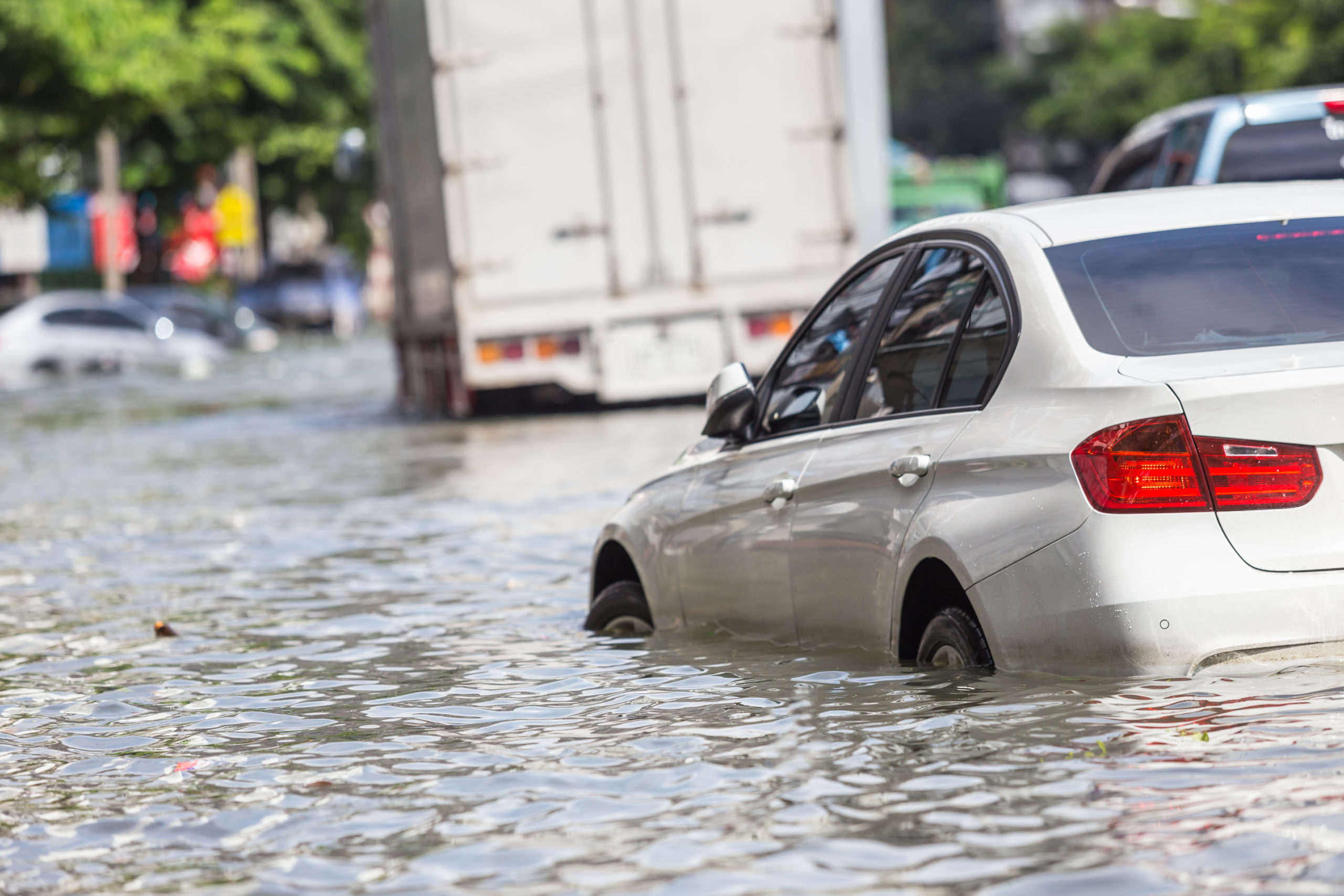Issues around Climate Change
Climate change continues to pose a serious threat to all Caribbean nations despite their low contribution to global greenhouse gas (GHG) emissions. Caribbean SIDS (Small Island Developing States) confirms that due to the size and location of the islands, they are particularly susceptible to the impacts of climate change.

Another report by the Intergovernmental Panel on Climate Change (IPCC), indicates that Caribbean nations would be greatly affected by the rising sea levels which is expected to continue in the new year. This poses a risk to the region’s freshwater resources and to its largely coastal population that’s dependent on tourism and agriculture. Changes in rain patterns and temperatures, and increasing intensity of natural disasters are also major results of climate change in the region.
The cost of inaction is high: Projections indicate that losses could amount to a total of US$22 billion yearly by 2050. That figure roughly represents 10% of the current Caribbean economy. With adequate funding, Climate Change Resources, could help the region reduce its dependence on fossil fuels, transform carbon-based energy systems and start implementing adaptation programmes as a form of prevention.
Digitalization
A report from “Digital Signage Market in Latin America 2022” shows the digital transformation, adoption and use of digital services by households, productions and governments. In areas such as online access to financial services and e-commerce, there is a moderate and distanced advance from other economies with more developed levels of digitalization.

An increase in the development of digital infrastructures is due to mark progress in the deployment of 4G networks which are expected to reach a total of 468 million by 2025, reaching a penetration rate of 67%, and accelerating broadband speeds leading to an accelerated rate in digital development across the region.
What this simply means is a faster internet connection, better media experiences or video calling that helps the people in the region get closer to a digital future.
Global Economics
On the grounds of the global economic effect on the Caribbean, the Caribbean grew by 3.7% in 2022, just over half of the 6.7% rate recorded in 2021. It is estimated that the deceleration in economic growth will intensify in 2023, giving way to a 1.3% rate.
The Preliminary Overview of the Economies of Latin America and the Caribbean 2022 Report shows that the monetary policy responses adopted worldwide in 2022, amid the rising global inflation, have sparked greater financial volatility and increased risk aversion, thereby resulting in reduced capital flow into the Caribbean economy.
However, the reduction in global inflation anticipated in 2023 is expected to moderate monetary policy rate hikes by the main central banks.

In addition to the point above, there has been a reduction in the primary deficit, and debt levels continue to be high, which means that fiscal space can be expected to continue conditioning the trajectory of public spending. The risk of interest rate hikes, currency depreciations and greater sovereign risk has been predicted to hamper the financing of government operations in 2023.
With more people looking to reduce their carbon footprint, the region is likely to see an increase in the number of eco-friendly hotels, resorts, and other sustainable tourism projects leading to an increase in economic activity across the Caribbean, as well as an increase in eco-tourism-related jobs and services.



















